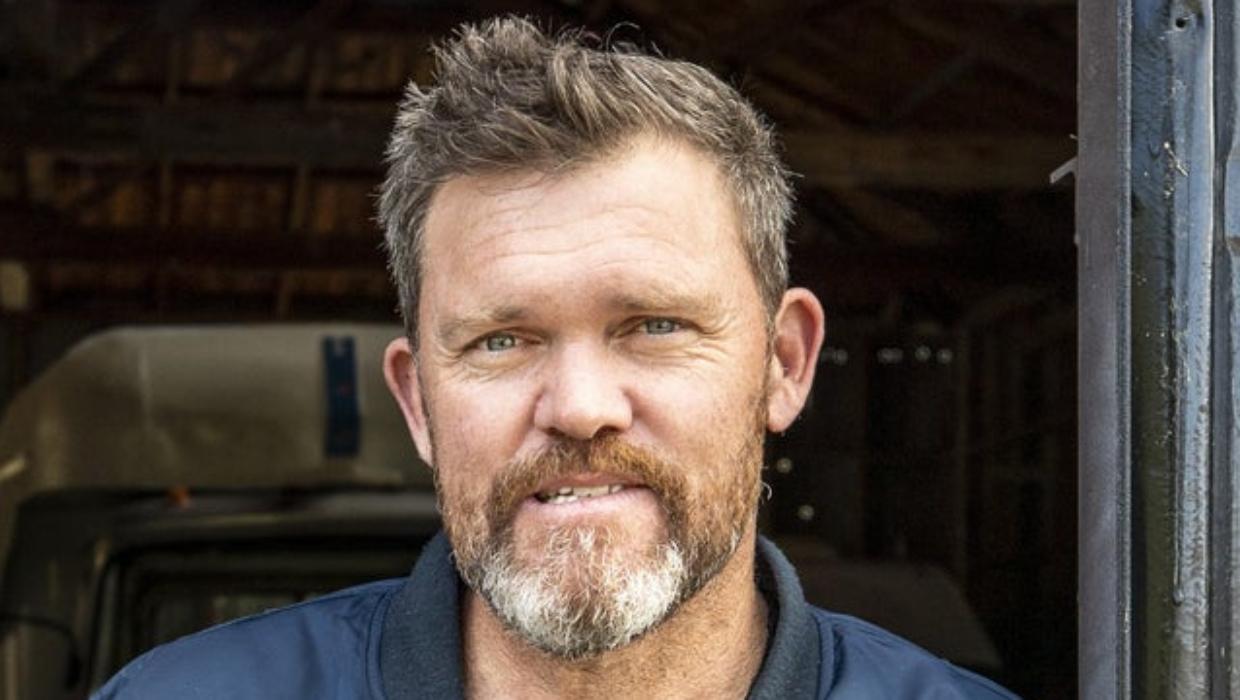Politics
Lou Vincent Exposes Match-Fixing Threat to All Athletes

Lou Vincent, a former cricketer from New Zealand, has raised alarm about the pervasive issue of match-fixing in sports, emphasizing that it poses a threat to athletes at every level, including children as young as ten. In recent statements, Vincent described match-fixing as a scourge that employs “dirty tactics” to manipulate outcomes, creating an environment of distrust within the world of sports.
Vincent’s insights stem from his own experiences in the cricketing world, where he became embroiled in a match-fixing scandal that ultimately led to his retirement. He believes that the reach of match-fixers extends far beyond professional athletes, impacting youth sports and even amateur competitions. “Nobody is safe,” he stated, highlighting the vulnerability of young athletes who may be approached or coerced into participating in these illicit activities.
Match-Fixing Tactics and Their Impact
The methods used by match-fixers are often sophisticated, involving psychological manipulation and financial incentives. According to Vincent, these tactics can ensnare even the most unsuspecting individuals, making it crucial for sports organizations to implement robust educational programs. These programs would aim to inform athletes, coaches, and parents about the risks and signs of match-fixing.
Organizations such as the International Cricket Council (ICC), FIFA, and UEFA have been working proactively to combat match-fixing. They have established integrity units focused on monitoring and investigating suspicious activities within their sports. Despite these efforts, Vincent believes that more needs to be done, especially at the grassroots level, to protect young athletes from falling victim to these schemes.
The impact of match-fixing extends beyond individual athletes; it undermines the integrity of sports as a whole. When the public loses trust in the outcomes of competitions, it can lead to decreased viewership, lower ticket sales, and ultimately, a decline in funding for various sporting programs. Vincent’s call to action highlights the need for transparency and accountability within all levels of sport.
Educating Future Generations
Vincent advocates for comprehensive education initiatives aimed at younger athletes to help them recognize the dangers associated with match-fixing. He emphasizes the importance of instilling strong ethical values in children involved in sports. By fostering an environment of integrity, sports organizations can better shield their athletes from potential manipulation.
In his view, the conversation around match-fixing must include not only athletes but also parents, coaches, and sports officials. “It’s a collective responsibility,” he said, urging all stakeholders to take an active role in safeguarding the spirit of competition.
As the world of sports continues to evolve, the threat of match-fixing remains a critical concern. By raising awareness and promoting education, Vincent hopes to empower the next generation of athletes to stand against corruption in sport. The message is clear: protecting the integrity of sports is essential for everyone involved, regardless of age or experience level.
-

 World4 months ago
World4 months agoTest Your Knowledge: Take the Herald’s Afternoon Quiz Today
-

 Sports4 months ago
Sports4 months agoPM Faces Backlash from Fans During Netball Trophy Ceremony
-

 Lifestyle4 months ago
Lifestyle4 months agoDunedin Designers Win Top Award at Hokonui Fashion Event
-

 Entertainment4 months ago
Entertainment4 months agoExperience the Excitement of ‘Chief of War’ in Oʻahu
-

 Sports4 months ago
Sports4 months agoLiam Lawson Launches New Era for Racing Bulls with Strong Start
-

 World5 months ago
World5 months agoCoalition Forms to Preserve Māori Wards in Hawke’s Bay
-

 Health4 months ago
Health4 months agoWalking Faster Offers Major Health Benefits for Older Adults
-

 Lifestyle4 months ago
Lifestyle4 months agoDisney Fan Reveals Dress Code Tips for Park Visitors
-

 Politics4 months ago
Politics4 months agoScots Rally with Humor and Music to Protest Trump’s Visit
-

 Top Stories5 months ago
Top Stories5 months agoUK and India Finalize Trade Deal to Boost Economic Ties
-

 Health2 months ago
Health2 months agoRadio Host Jay-Jay Feeney’s Partner Secures Visa to Stay in NZ
-

 World5 months ago
World5 months agoHuntly Begins Water Pipe Flushing to Resolve Brown Water Issue









